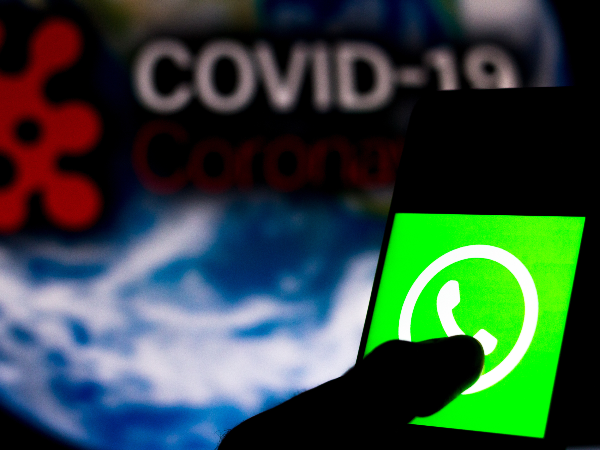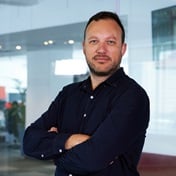
The economy and a functioning healthcare system are not two opposing forces, as some 'truthers' want us to believe, writes Adriaan Basson.
The Collins Dictionary defines a "truther" as follows: "A person who rejects the widely accepted account of an event, believing instead that an official conspiracy exists to cover up the truth".
Never before in our lifetime has a crisis brought forward so many truthers in our midst. And I’m not only referring to the inject-yourself-with-bleach crazies in the White House and on Facebook.
Some of them have fancy titles and are quoted regularly on radio, TV and in newspapers. It has become fashionable in these circles to portray President Cyril Ramaphosa and his executive as utterly incompetent and hellbent on destroying the economy.
A wise man told me at the beginning of the Covid-19 crisis: "This will bring out the worst in people".
He also added it would bring out the best in people, but I want to pause at the worst for a moment.
To a degree, I have sympathy with these truthers.
These are strange times and we are all trying to make sense of our locked-up lives at the moment. We are all seeking "the truth" that justifies us not being able to go to the office, buy beer or go for a walk.
The bar is and should be very high for the state to declare a national disaster and as active citizens, we have the fullest right to demand answers on why the economy was effectively shut down and our freedoms curtailed to contain an invisible bug.
At the same time, the South African government has had a terrible track record over the past decade.
Service delivery, particularly in poor areas with public hospitals and clinics, has been mediocre at best.
The ANC is semi-permanently concerned with internal strife, so it’s not surprising that many South Africans had their doubts about the ability of President Cyril Ramaphosa and his cabinet to manage the largest crisis since the dawn of democracy, exactly 26 years ago.
But here we are, a month into a hard lockdown, and Ramaphosa and South Africa are being lauded by the world for our swift and effective response to the outbreak of Covid-19.
Last week, the World Health Organisation in Africa highlighted South Africa as an example for the world on how to handle the crisis.
I choose the WHO over some Facebook "professor" any day.
Have Ramaphosa and his ministers been perfect in their response?
No. Did we lock down too soon and too hard? Maybe.
But with 87 deaths, 4 565 infections and winter looming, there is no way to fault the government’s big decisions so far. We simply don’t know the extent of the health crisis that lies ahead for us when some of us go back to work on Friday and the coronavirus starts to spread.
Seeing Ramaphosa opening those field hospitals at Nasrec last week filled me with dread.
Ramaphosa had to act early and hard when he announced the first lockdown.
The extension of two weeks was necessitated by the lack of results from tests by the National Health Laboratory Service in densely populated areas like townships and informal settlements.
Again, Ramaphosa could not risk relaxing the lockdown before we had a solid grip on the level of community infections.
As it turns out, the number of positive tests has increased to over 200, even 300 cases, per day.
Last week, Ramaphosa announced the relaxation of the hard lockdown to be replaced by a five-level system of restrictions. Many industries will return to work and trade will resume on Friday.
You will be allowed to exercise and buy cigarettes.
The president has heard the desperate pleas of the devastating consequences of an economic lockdown that has left many starving and is opening-up the economy in a staggered approach.
He has announced the biggest economic rescue package in history.
It seems to me like a perfectly reasonable response for the moment.
And while we wait for the exact details of how the system will work, the truthers have unleashed a scathing assault on the president, even equating each death to R5.8bn in economic losses.
As if the economy and our healthcare are two opposing forces between which we have to choose.
We should not.
Not only is it immoral, it is also wrong.
With a sick population, there is no economy.
And without an economy, there are no jobs for the healthy or the sick.
- Adriaan Basson is editor-in-chief of News24




 Publications
Publications
 Partners
Partners

























